By Neena Lakhani/ ANW
Thimphu, Bhutan – November 19, 2025

Exclusive: Tshering Tobgay says his country is doing ‘a lot more than our fair share’ on climate and west must cut emissions ‘for the happiness of your people’
In the shadow of the eastern Himalayas, where mist-shrouded peaks pierce the sky and ancient monasteries cling to sheer cliffs, Bhutan stands as a quiet rebuke to the world’s fossil fuel frenzy.
As the United Nations climate summit in Belém, Brazil, barrels toward its climax, Prime Minister Tshering Tobgay has issued a clarion call: Wealthy nations must slash emissions not just for planetary survival, but for the sheer happiness of their own people.
In an exclusive interview with Grok News, Tobgay, leader of the world’s first carbon-negative country, laid bare Bhutan’s blueprint for blending economic growth with ecological stewardship—a model he insists the West can, and must, emulate.
Bhutan, a landlocked kingdom of just 750,000 souls wedged between giants India and China, defies easy categorization.

Tshering Tobgay in 2016. Photograph: Mike Bowers
It’s a Buddhist constitutional monarchy that ditched absolute rule for democracy in 2008, a biodiversity haven where 72% of the land remains forested, and a nation that measures success not in dollars but in Gross National Happiness (GNH).
“Happiness isn’t a luxury; it’s the core of our agenda,” Tobgay said, his voice steady against the backdrop of rustling prayer flags.
“We’ve prioritized climate action, social progress, cultural preservation, and environmental conservation with limited resources and immense geographical hurdles. If we can do it, why can’t richer countries with deeper pockets?”
The timing couldn’t be more poignant. Cop30, the annual UN climate jamboree, is mired in familiar tensions: Developing nations demand finance and tech transfers, while major emitters dither on fossil fuel phase-outs.
Bhutan, however, arrives not as a supplicant but a pacesetter. Its updated Nationally Determined Contribution (NDC)—the Paris Agreement’s roadmap for emission cuts—spans every economic sector.

Seventy-two per cent of Bhutan’s territory is forested, making it a crucial carbon sink. Photograph: Suzanne Stroeer/Getty Images/Aurora Open
Hydroelectric dams, already powering 100% renewable electricity, will expand alongside solar farms, wind turbines, and pilot green hydrogen projects.
Transport gets a green overhaul with electric vehicle mandates and fuel efficiency regs; buildings will enforce energy-saving standards; agriculture shifts to low-emission farming that preserves soil health.
This isn’t greenwashing. Bhutan’s forests sequester five times the CO2 it emits, earning it “nature-positive” status.
The Climate Action Tracker rates its plans as “almost sufficient” for the 1.5°C warming limit—a rarified club with few members.
Yet, as Tobgay notes wryly, being a climate hero comes at a cost.
Graduating from the UN’s Least Developed Countries list in 2023 boosted its global standing but slashed access to concessional aid, just as glacial melt swells glacial lakes, triggering floods that uproot villages and balloon road repair bills by double.
“We bear the brunt of a crisis we didn’t create,” Tobgay said, gesturing toward the valley’s terraced fields, where farmers coax rice and chilies from thin soil.
Bhutan’s carbon footprint is negligible—per capita emissions hover below 1 ton annually, versus the global average of 4.7—but its vulnerability is acute.
Himalayan glaciers, warming at twice the planetary rate, feed rivers that sustain 1.9 billion downstream.
Erratic monsoons have already displaced communities; droughts parch pastures. “The developed world has moral and legal duties under the Paris Agreement,” he added.
“Cut emissions at home, fund adaptation abroad, transfer clean tech. Do it for your citizens’ health and joy, not guilt.”
Tobgay’s philosophy roots in Bhutan’s spiritual DNA. Here, deities inhabit every brook and banyan, rendering sacred groves untouchable and mountaineering taboo.
Gangkhar Puensum, the world’s highest unclimbed peak at 7,570 meters, symbolizes this reverence.
The constitution devotes an entire article to environmental protection, mandating 60% forest cover and obliging citizens to safeguard biodiversity.
“GDP is a tool, not the goal,” Tobgay explained. “Growth can’t erode wellbeing. We’ve lifted poverty, extended life expectancy, and boosted education without gutting our wild places.”
This ethos propelled Bhutan from LDC status through sustainable tourism—capped at high-value, low-impact visitors—and hydropower exports to India, which fund free healthcare and education.
GNH screens policies for psychological wellbeing, cultural vitality, and ecological resilience.
It’s no utopia; youth unemployment simmers, and youth grapple with social media’s siren call.
But in a world where billionaires jet to space while seas rise, Bhutan’s 7.5% GDP growth last year—paired with negative emissions—feels revolutionary.
Tobgay isn’t alone in his frustration. At Cop29 last year, he co-launched the “G-Zero Alliance” with Panama, Suriname, and Madagascar—fellow carbon-neutral or negative states—to amplify their outsized role.
“Discussions fixate on future pledges, ignoring delivered results,” he said. “Acknowledge our sacrifices: forgone logging revenues, preserved sinks that cool the planet for all.
Compensate us, and watch neutrality spread like wildfire.” The alliance’s first summit, hosted in Bhutan next year, will swap solutions—from reforestation to resilient infrastructure—while pressing laggards.
“Industrialized nations reaped industrialization’s bounty,” Tobgay urged. “Now sustain it. Earth endures; we won’t.”
As Cop30 grapples with a fossil fuel phase-out roadmap—backed by over 80 nations—Tobgay’s message resonates amid headlines of UN chief António Guterres decrying a missed 1.5°C target and scientists warning of tipping points.
Related ripples: The EU signals reluctance for solo climate action; Trump’s Saudi schmooze shrugs off human rights; Neanderthal smooch theories titillate anthropologists.
Yet Bhutan cuts through the noise. “We’re small, but our example looms large,” Tobgay concluded. “Leaders of the world: Step up.
Happiness demands it.”
In Thimphu’s crisp air, where monks chant and yaks graze, the prime minister’s words linger like incense.
Bhutan proves green growth isn’t oxymoronic—it’s imperative. The West, drowning in excess, could learn: True wealth blooms in balance, not burnout.
Discover more from AMERICA NEWS WORLD
Subscribe to get the latest posts sent to your email.

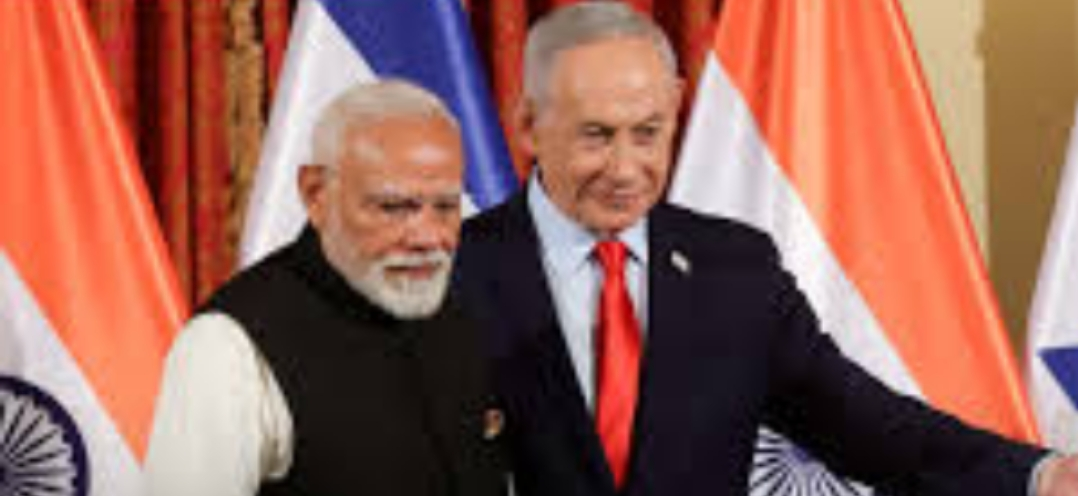
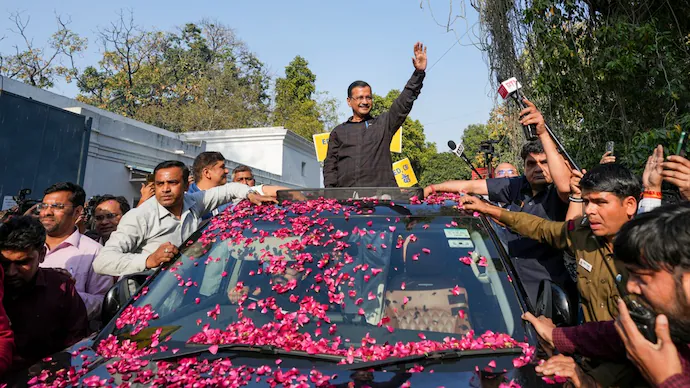


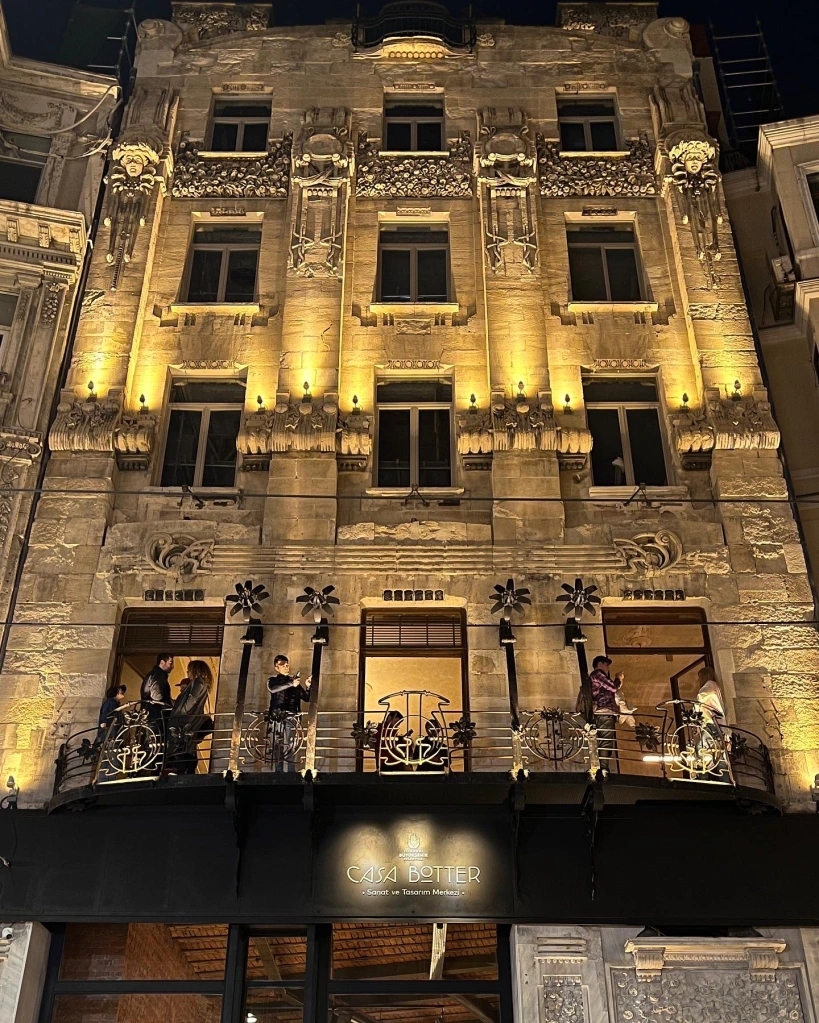


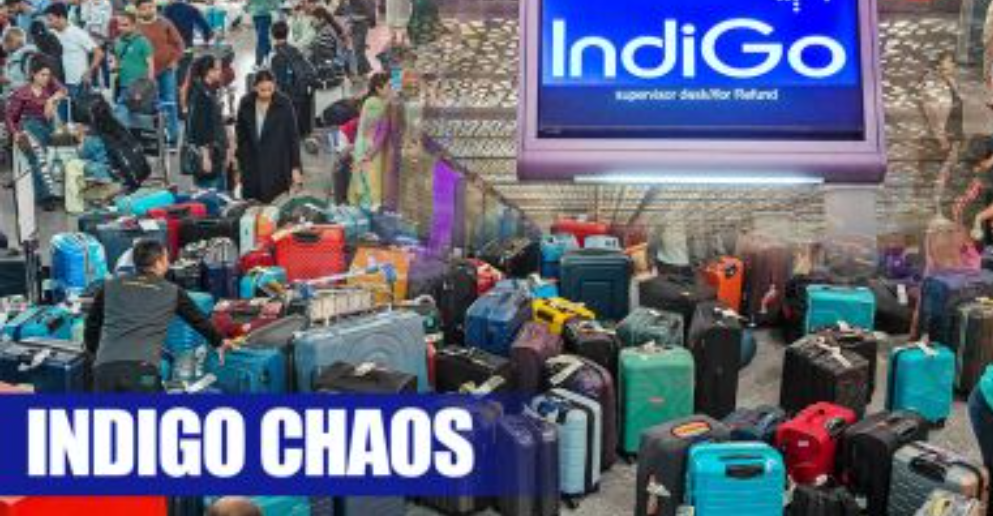
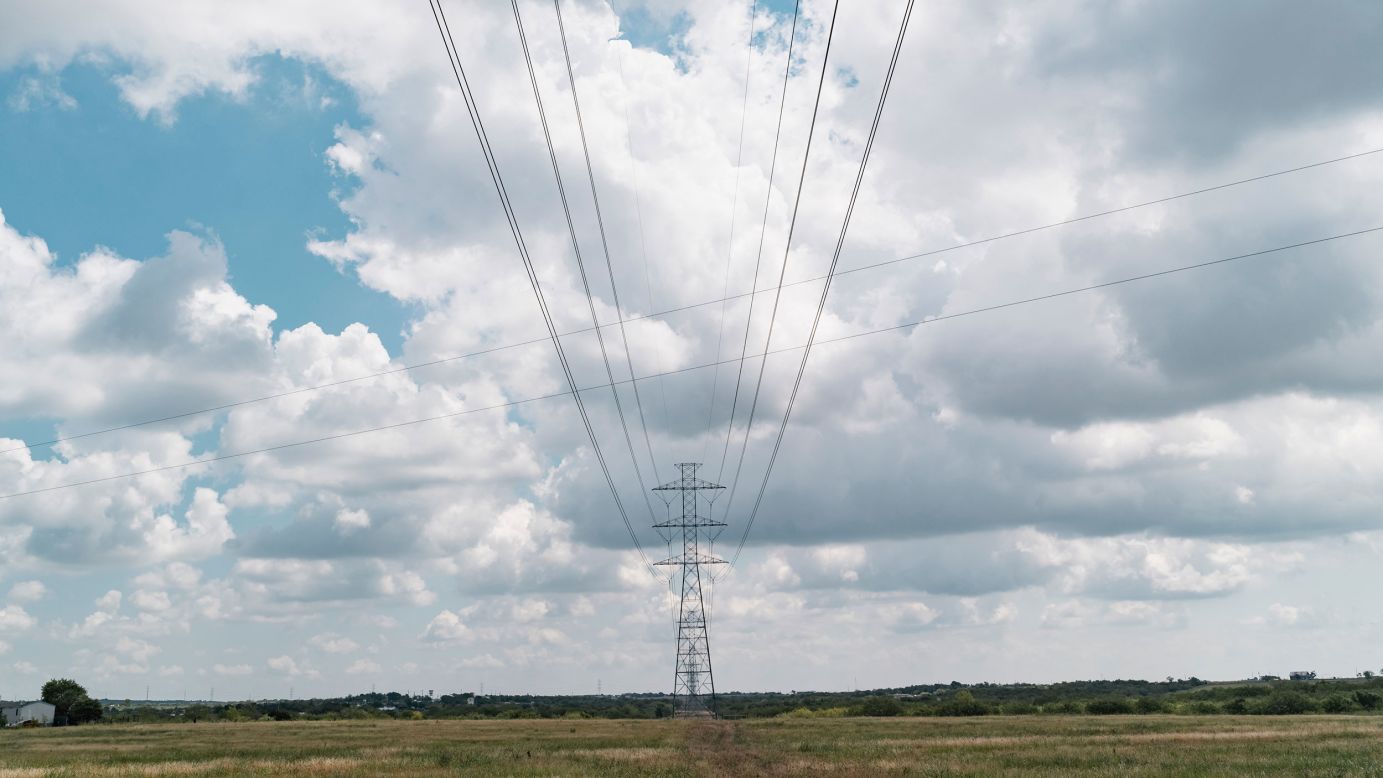
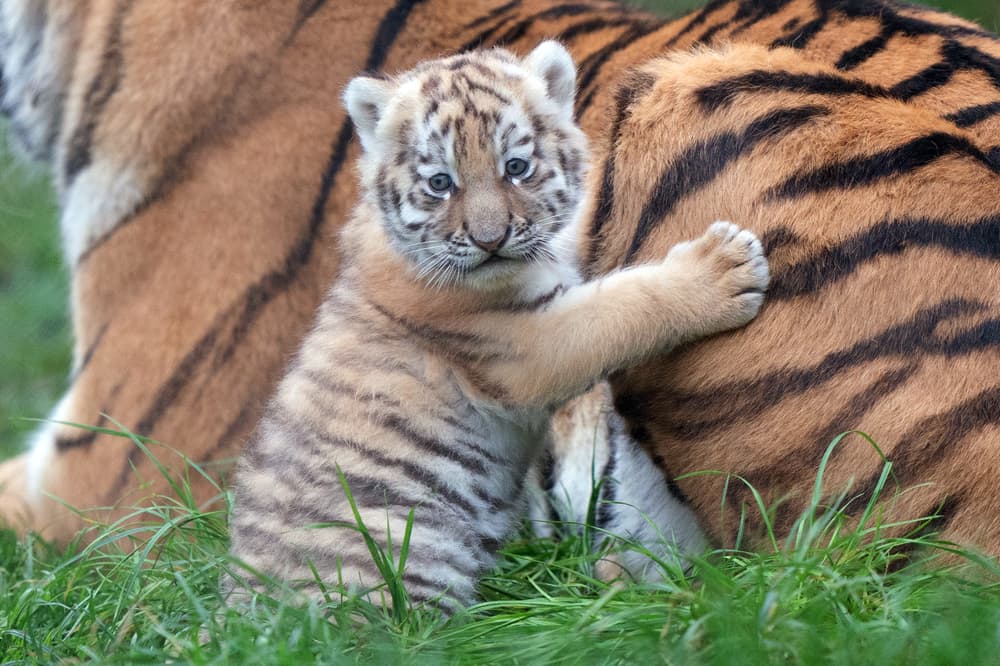



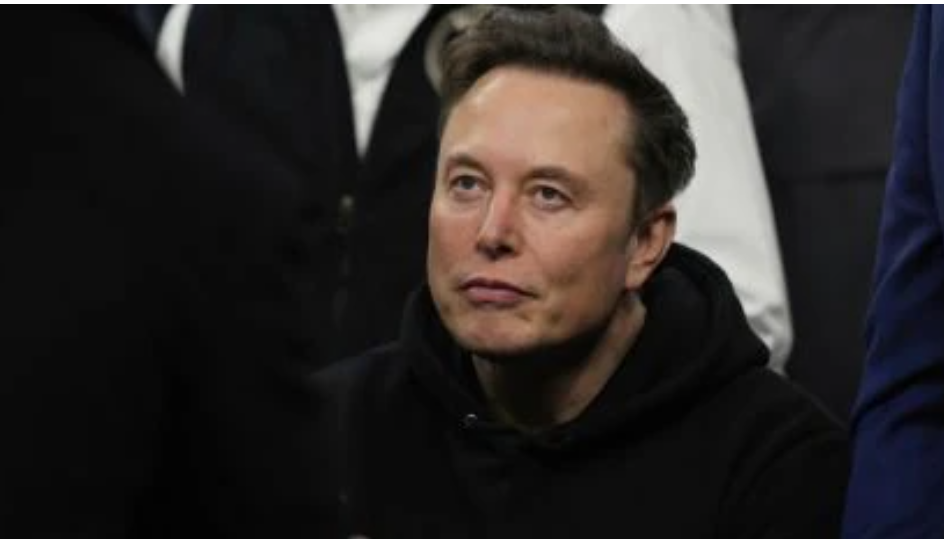

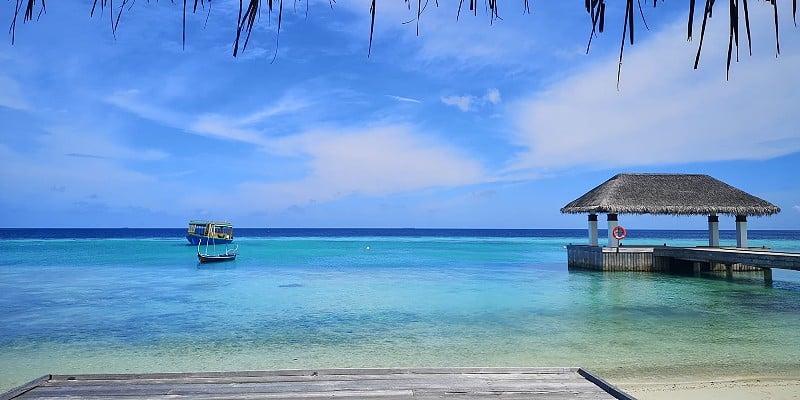
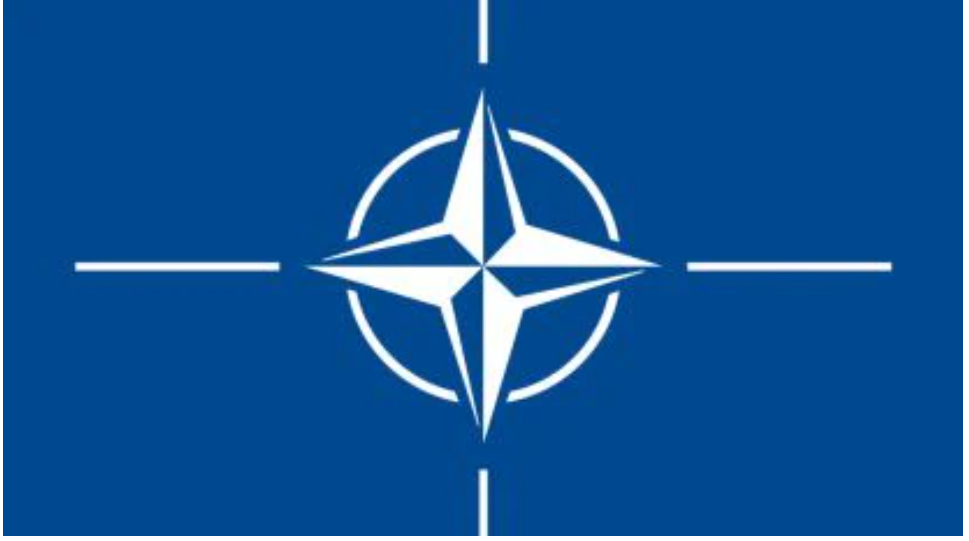
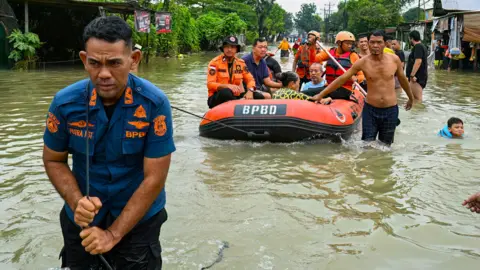

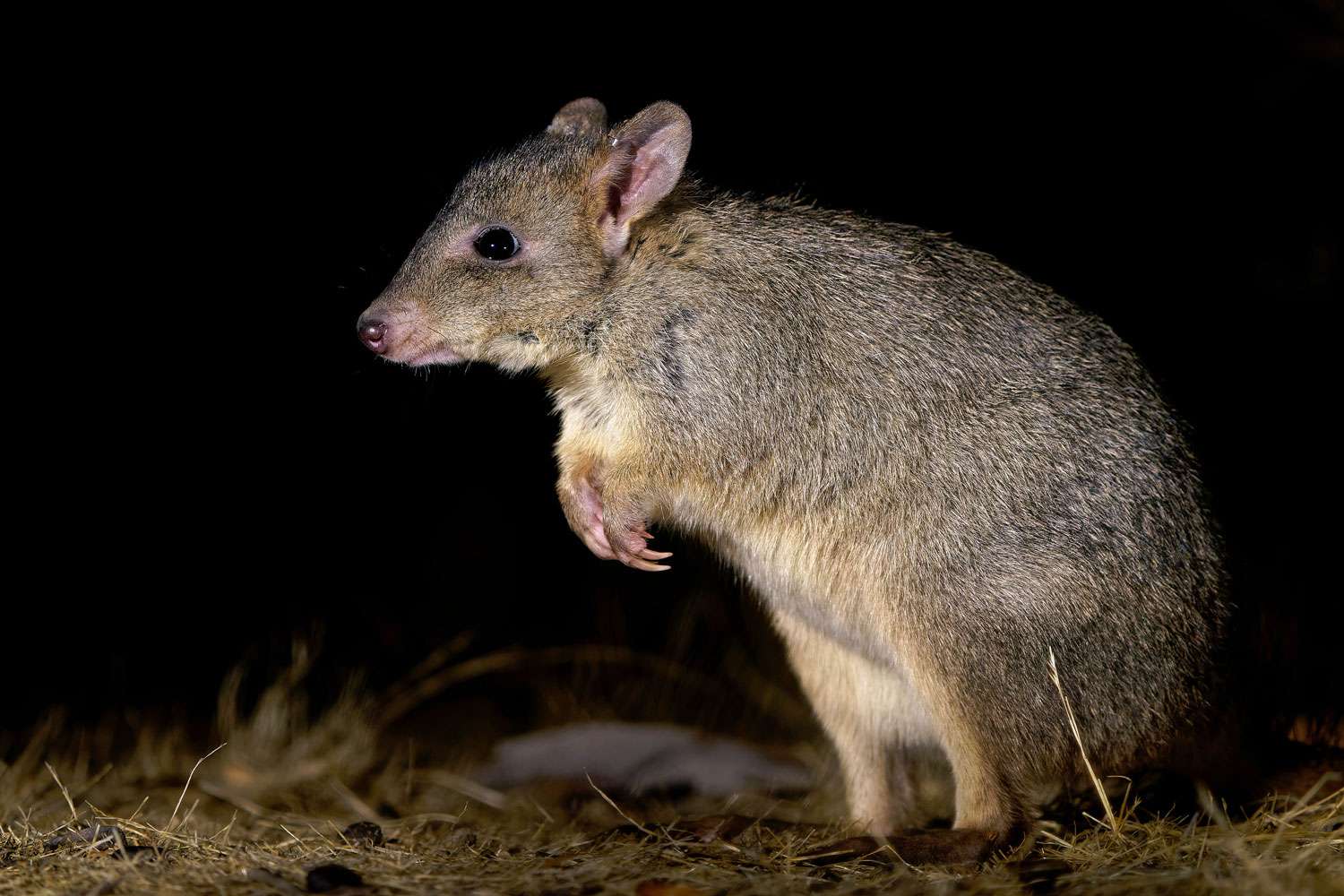

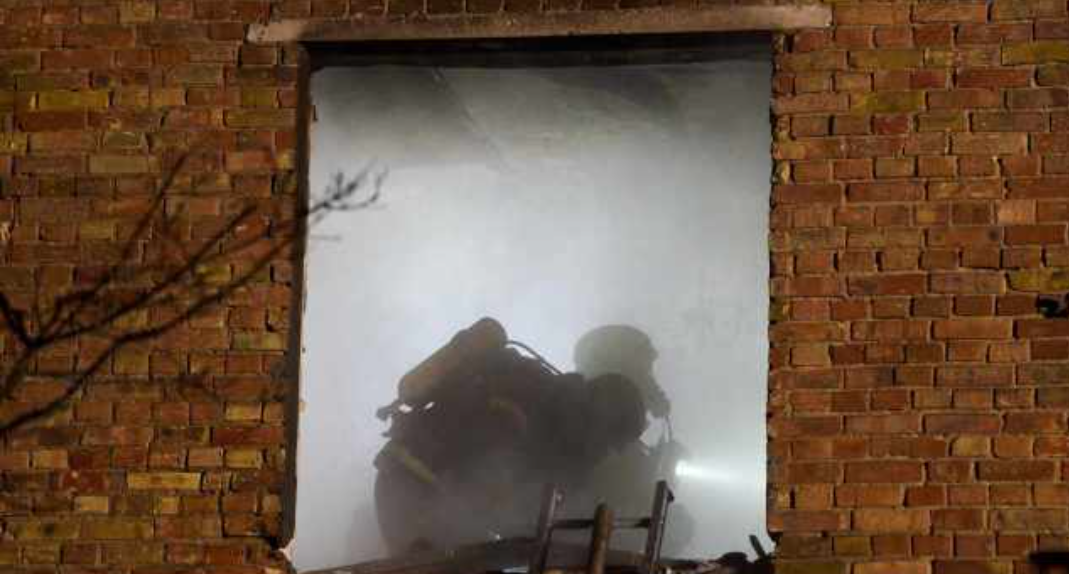
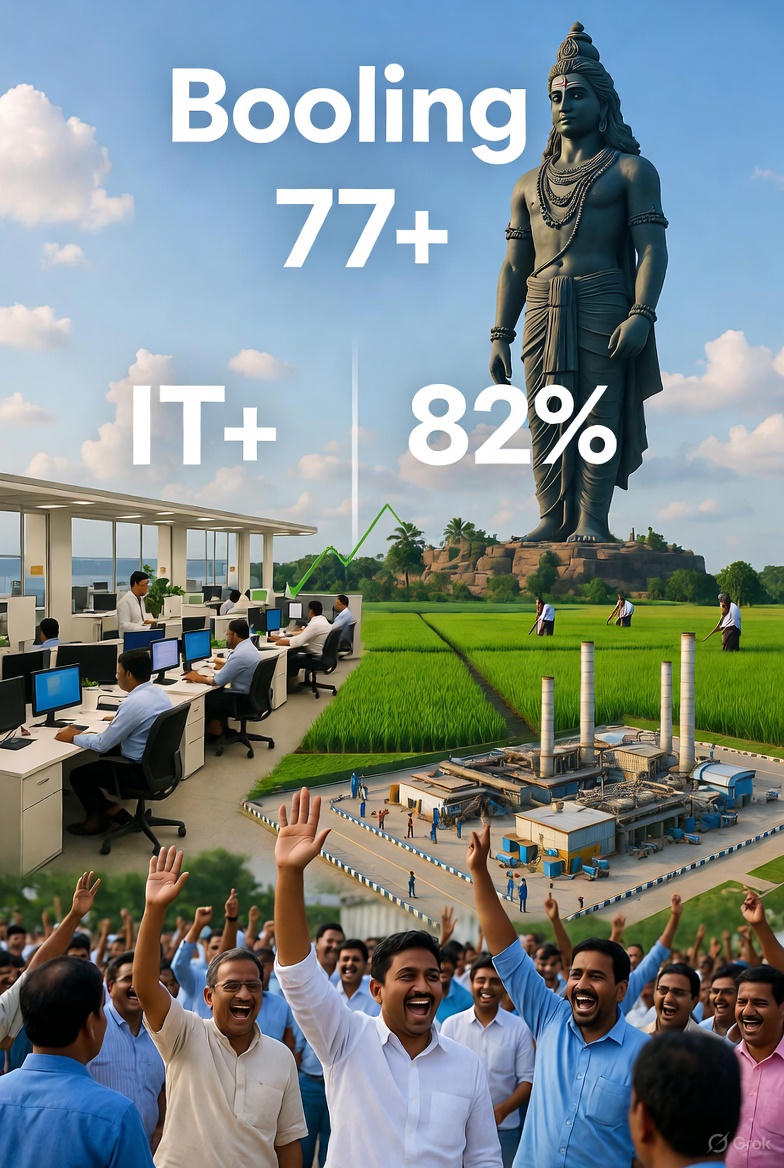





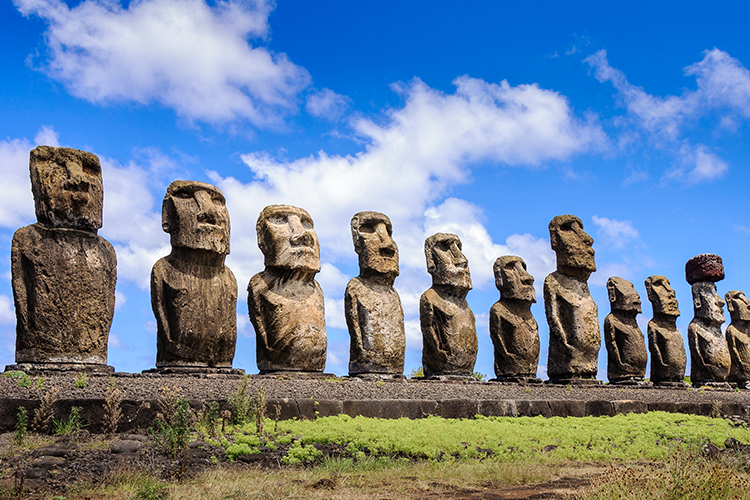
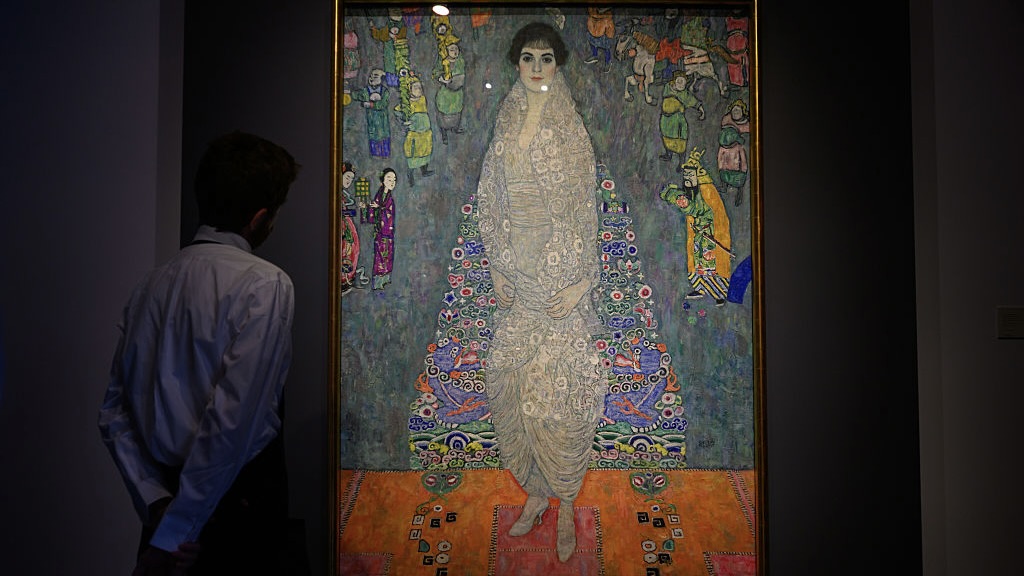
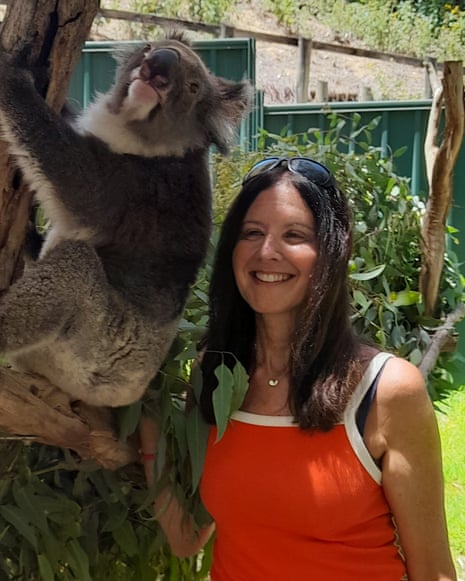
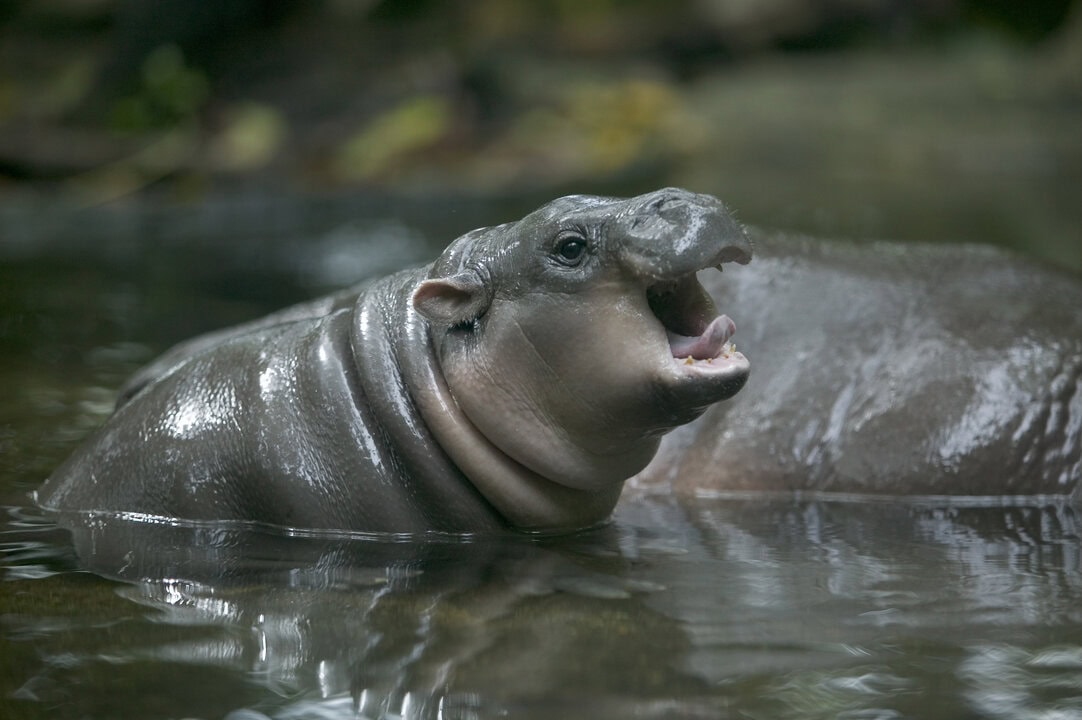



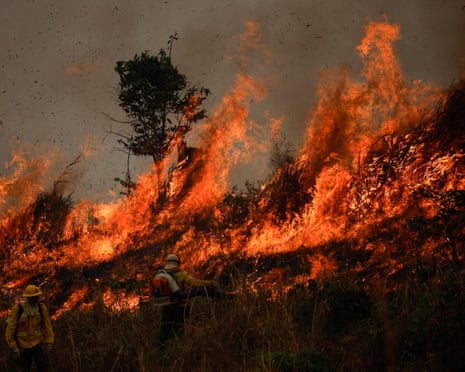
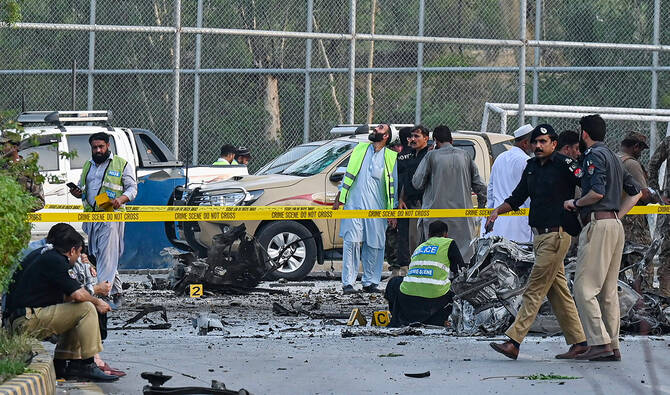
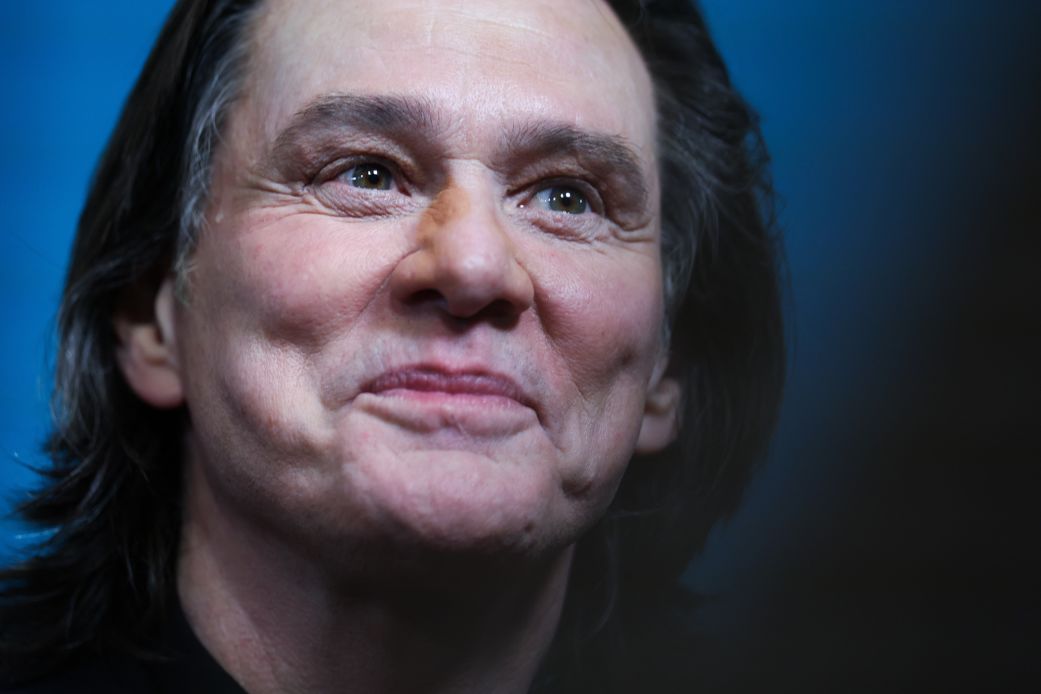
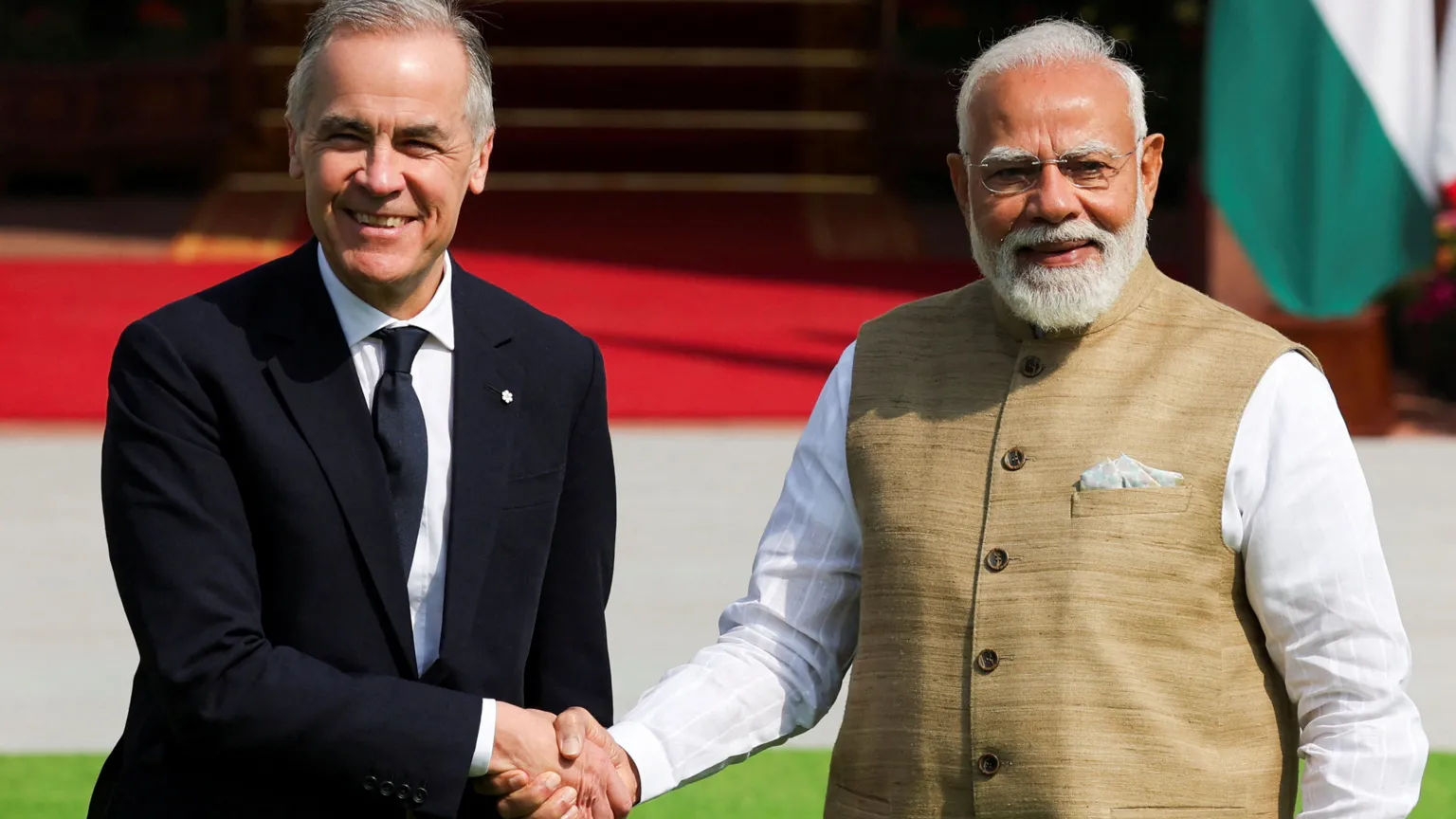
![Smoke rises after Israeli strikes in Beirut's southern suburbs, on March 2 [Mohamad Azakir/Reuters]](https://america112.com/wp-content/uploads/2026/03/hgh.webp)